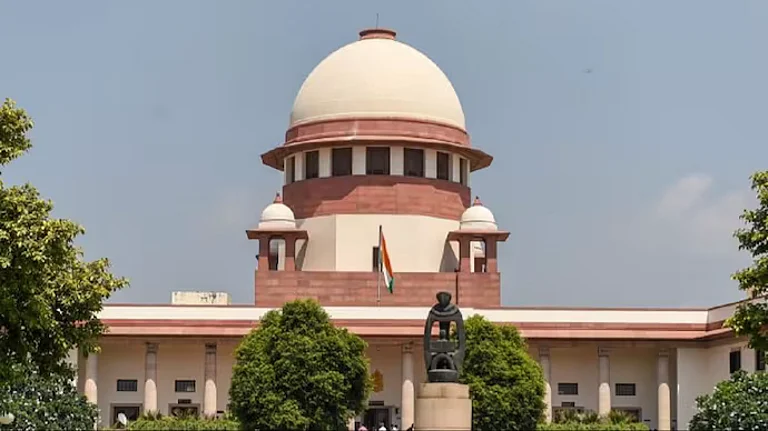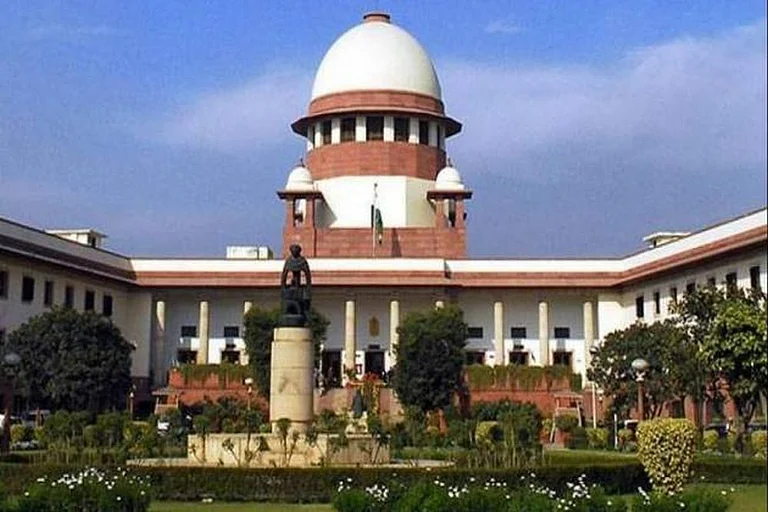
A Delhi sessions court rejected an appeal seeking police investigation into allegations that M F Husain’s paintings hurt religious sentiments.
The court said evidence like CCTV footage, seized paintings, and records was already available, making further police inquiry unnecessary.
It upheld the magistrate’s finding that the case could proceed as a private complaint, noting absence of grave allegations or complex facts.
A Delhi court has rejected an appeal against a decision not to file a formal complaint about claims that two paintings by deceased artist and Padma recipient M F Husain offended religious feelings.
According to PTI, Advocate Amita Sachdeva filed a revision appeal against the magisterial court's January 22 ruling that no more investigation was necessary, which was heard by more Sessions Judge Saurabh Partap Singh Laler.
According to the magistratal court, the case might be heard as a complaint.
Following that, a notification was sent to Ashish Anand, the CEO and MD of Delhi Art Gallery Pvt. Ltd., as well as Director Ashwani Anand.
"A reasoned application of mind, aligning with statutory provisions and judicial precedents", was the statement of the sessions court's August 19 judgment, which dismissed the plea.
"No police investigation is required at this stage, as evidence is accessible, and Section 225 of the Bharatiya Nagarik Surkasha Sanhita (postponement of issue of process) provides an adequate mechanism for any future inquiry," it added.
According to the court, the main argument used to contest the order—that "a police investigation was essential"—did not hold up.
According to the order, CCTV footage and the confiscated paintings and exhibition records provided immediate proof of the visible representations without the need for specialised forensics as per PTI reports.
“Here, such circumstantial proof is readily available on record and can be adduced through witness examination or documentary evidence, obviating the need for police-led inquiries into motive. In this case, the ingredients can be substantiated through existing materials, rendering any further police investigation superfluous at this juncture,” the court held.
It said the magistrate had rightly noted that the matter did not involve complex facts requiring extensive police resources at the present stage and underlined the “absence of grave allegations or prejudice.” The police were stated to have conducted an inquiry into the matter and found no cognisable offence, followed by the magistrate independently assessing the conclusion.


























